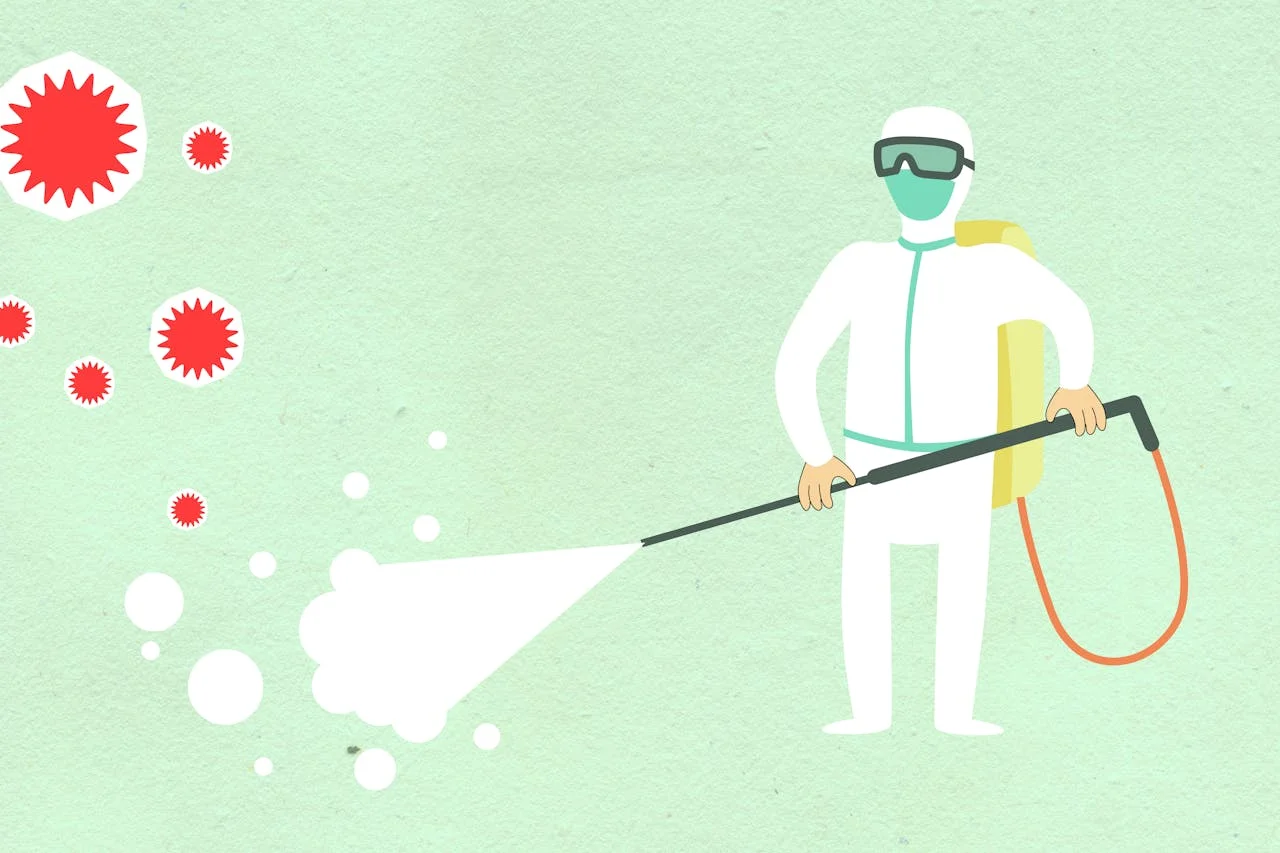
The Severe Acute Respiratory Infections Network (SARInet) is a regional collaboration comprising professionals from hospitals, laboratories, health organizations, and institutions across Member States of the Americas. SARInet, coordinated by the Pan American Health Organization/World Health Organization (PAHO/WHO), marked its 10th anniversary in May 2024. Since its inception, SARInet has been pivotal in pandemic preparedness, surveillance, and response to severe acute respiratory infections (SARI), supported significantly by the Pandemic Influenza Preparedness (PIP) Framework funds.
Prior to 2014, the Americas had an informal network of laboratory surveillance involving approximately 30 countries conducting influenza-like illness (ILI) and SARI sentinel surveillance, with over 900 sentinel centers, 28 national influenza centers, and six national laboratories. However, the absence of a regional mechanism hindered the sharing of information and best practices among these nations. The inaugural SARInet meeting in Panama on May 30, 2014, aimed to integrate laboratories and link epidemiologists to enhance surveillance capabilities. Over time, SARInet expanded to include health service systems, clinicians, and operations research specialists.
The network operates through specialized working groups focused on pandemic preparedness, disease burden assessment, genomic surveillance, clinical management, and vaccine effectiveness. These initiatives, bolstered by PIP funds and support from other donors, have led to the development of protocols and guidelines. With the advent of COVID-19, SARInet demonstrated its agility by swiftly integrating SARS-CoV-2 into existing influenza surveillance systems.
SARInet’s laboratory efforts draw from the experience of the Global Influenza Surveillance and Response System (GISRS), implementing best practices and ensuring robust clinical management crucial for ministerial decision-making. The network also updates national plans and conducts simulation exercises to test pandemic preparedness. Additionally, SARInet has bridged the human-animal interface, establishing an intersectoral commission for avian influenza prevention and control in the Americas, collaborating closely with animal and environmental health stakeholders.
PIP funds have been pivotal in transforming SARInet into a collaborative framework, fostering webinars, workshops, and regional meetings that facilitate the exchange of solutions and address common challenges. These funds also support capacity-building efforts through the hiring of national consultants and technical cooperation missions conducted by PAHO/WHO’s regional team. Looking ahead, PAHO/WHO’s strategic priorities in communication, knowledge management, and capacity building aim to fortify SARInet, ensuring its role as a critical resource for pandemic preparedness, readiness, and response in the Americas.
The PIP Framework’s ongoing support is outlined in PAHO/WHO’s Partnership Contribution High-Level Implementation Plan III (2024-2030), reinforcing efforts in pandemic preparedness and response. By leveraging these resources, PAHO aims to enhance resilience and preparedness against future respiratory threats, building on SARInet’s established framework and collaborative network of professionals and institutions.





